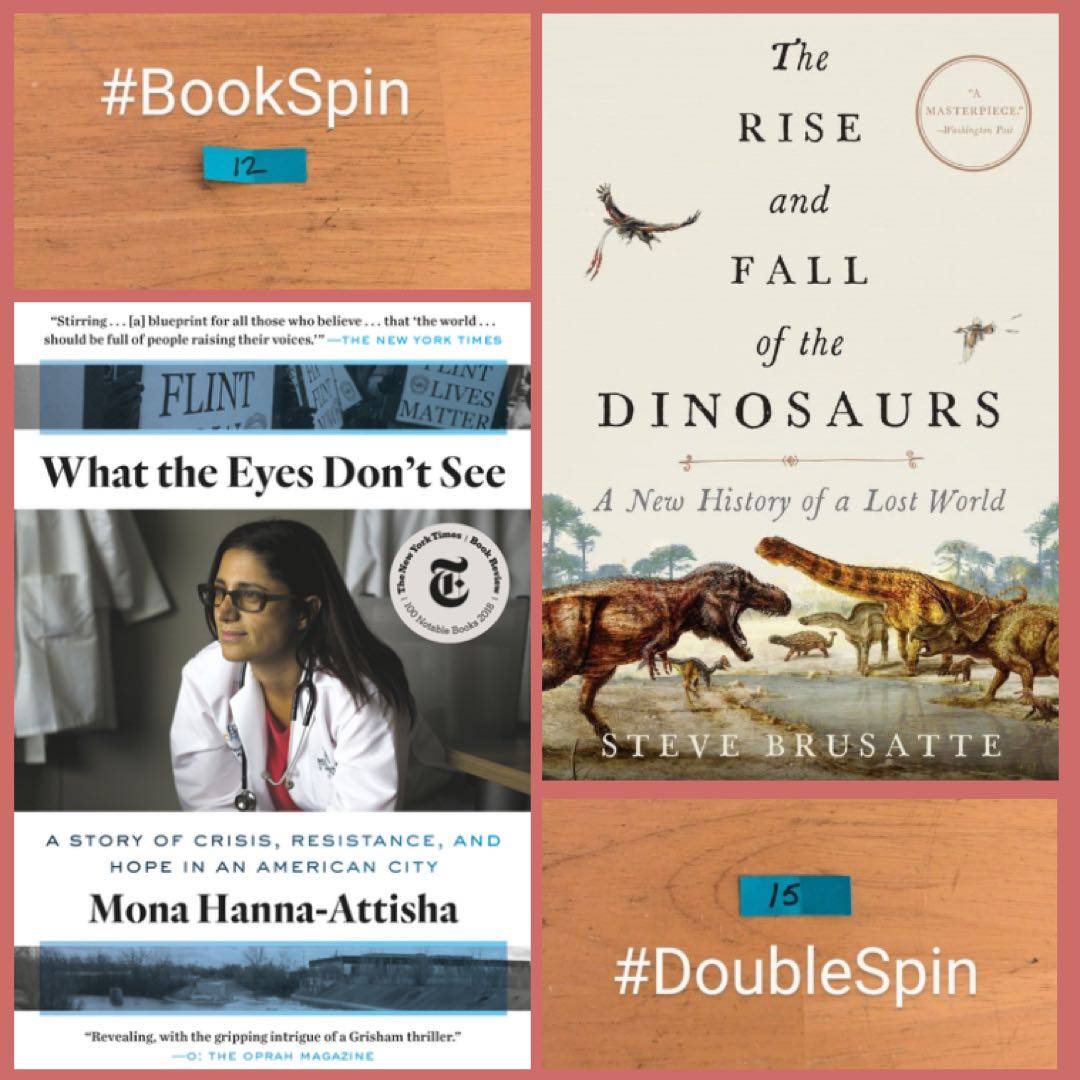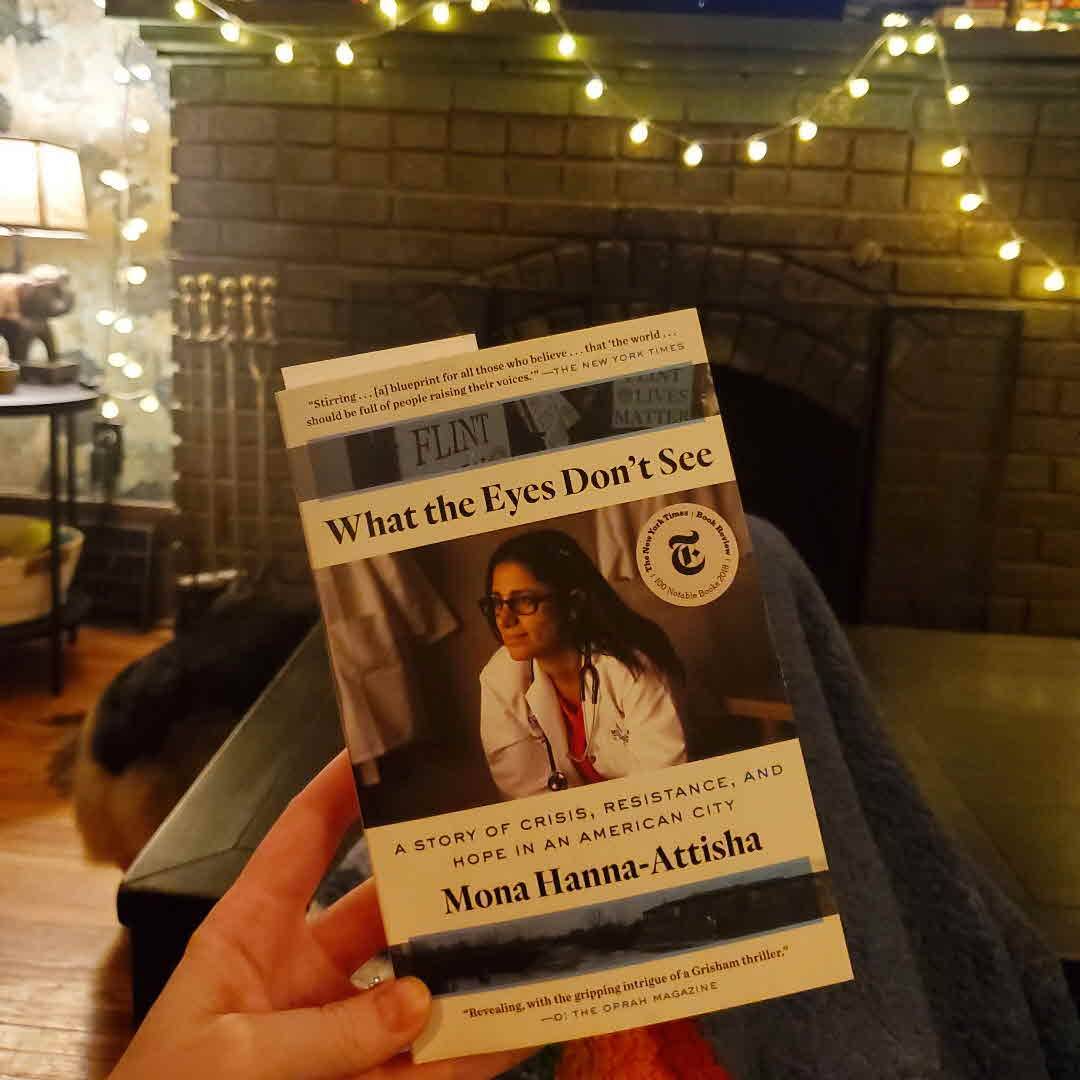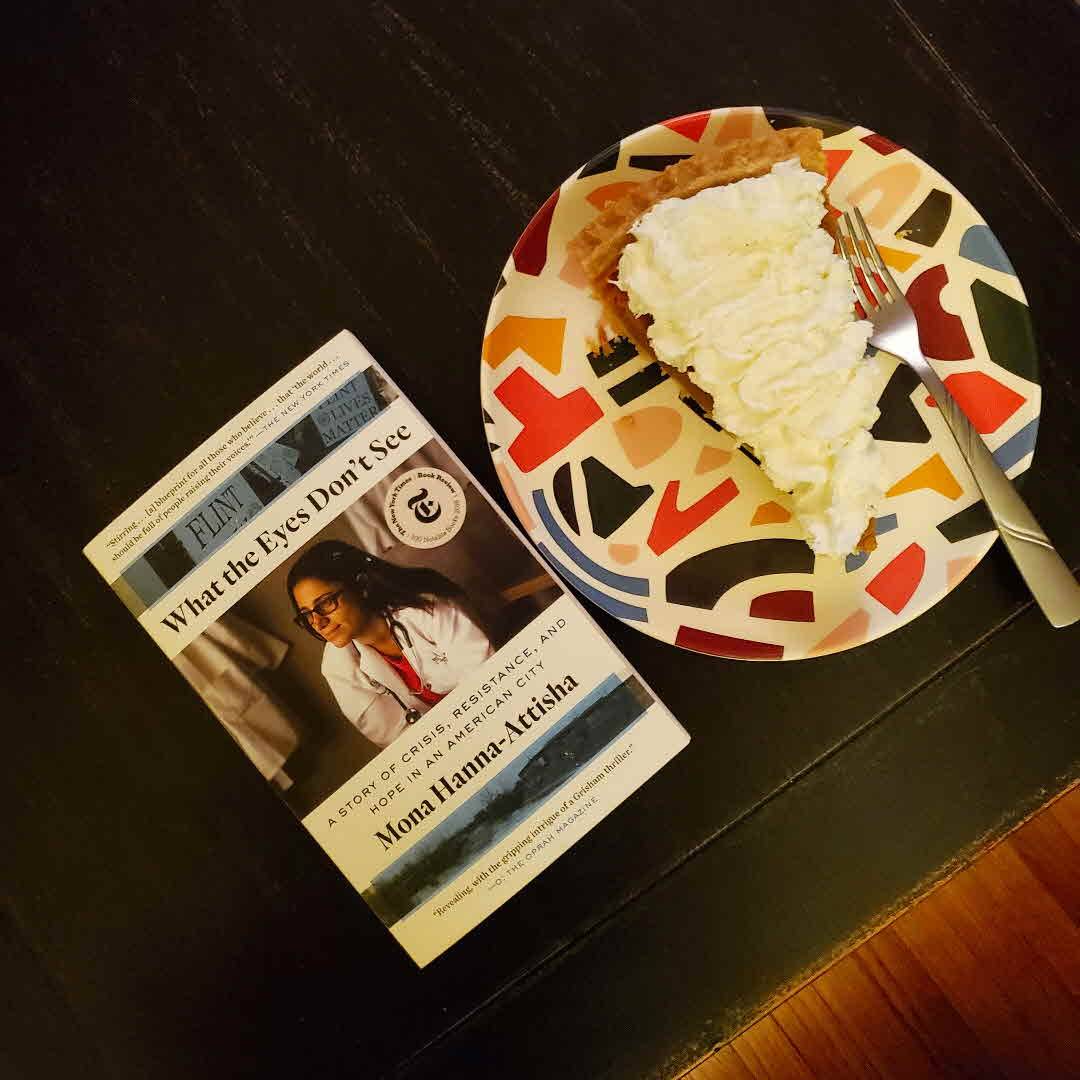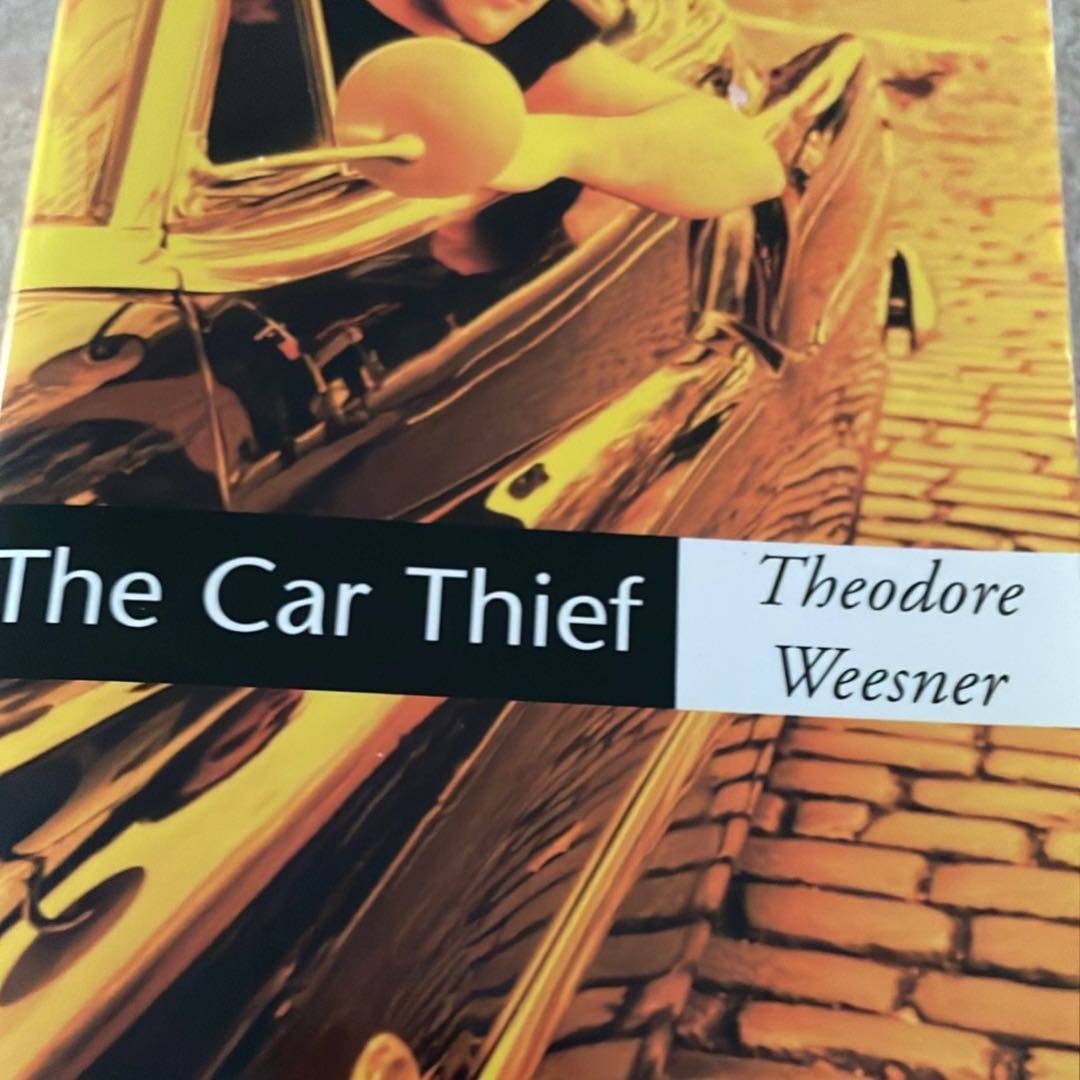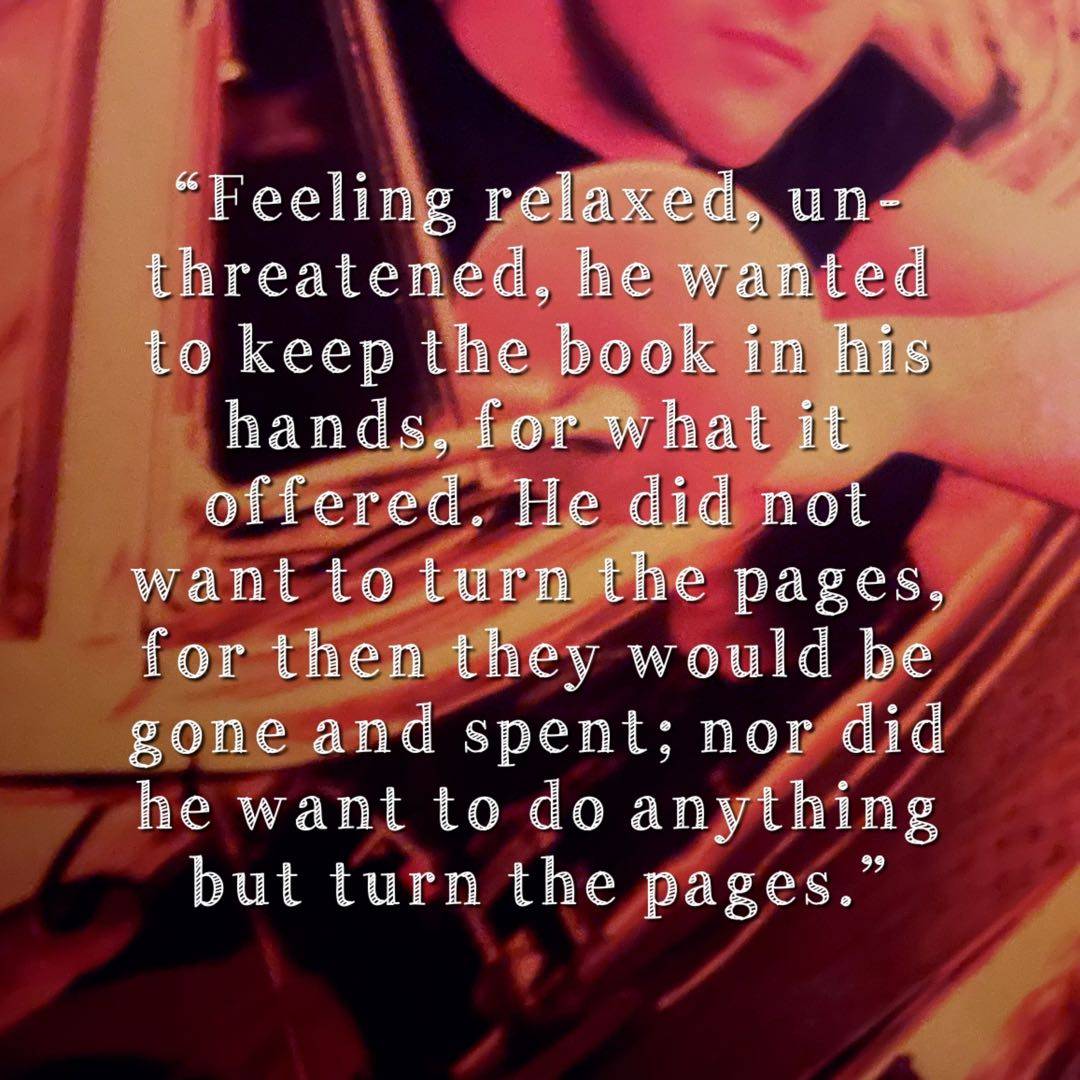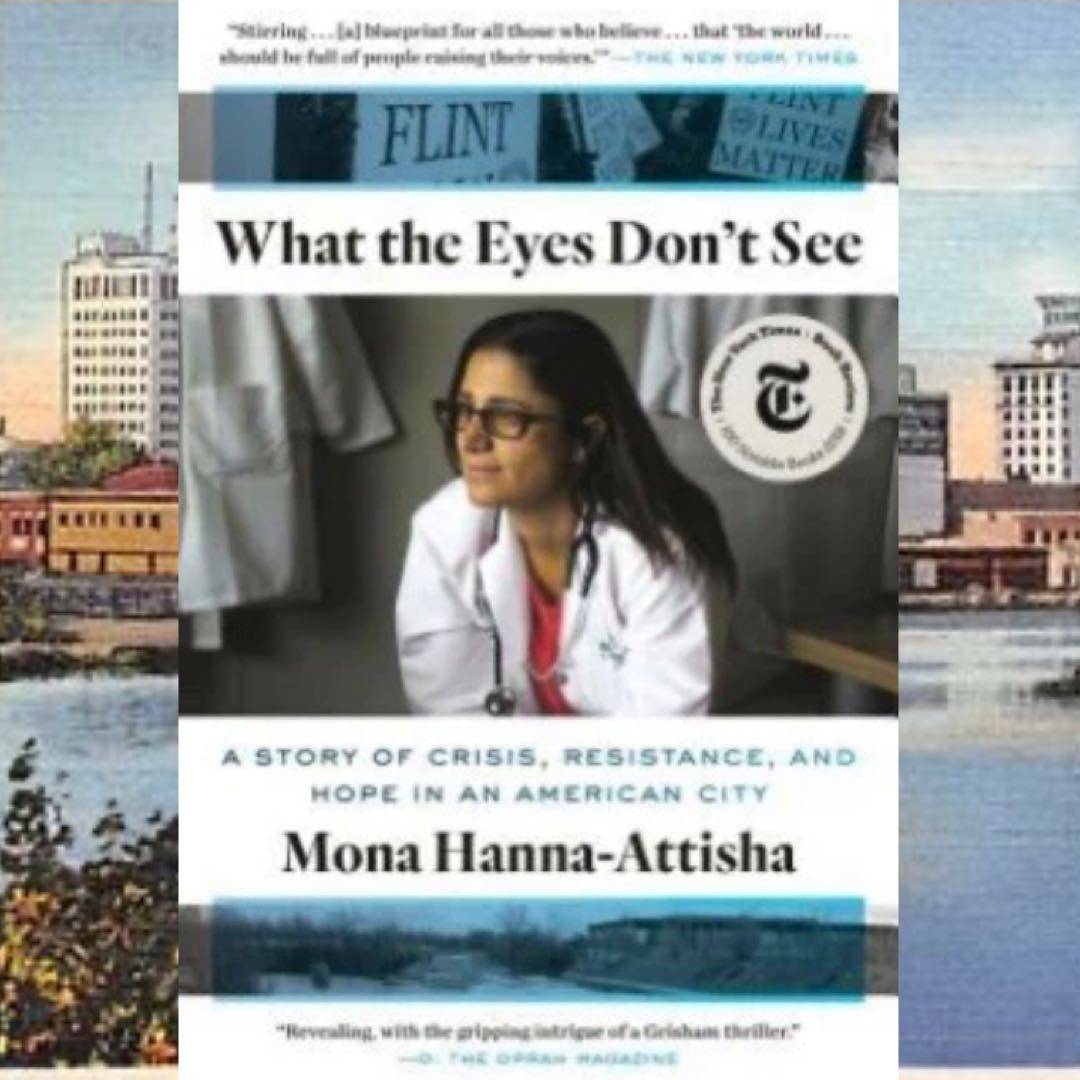
I‘m now 3 for 3 in books that didn‘t live up to my high hopes. I‘m giving it a pick because I learned exactly what went on in Flint that probably caused the lead crisis, but the narrative was all over the place and the tone was off. She tries to strike a conversational, storytelling tone but I found it a little too informal in places, and she comes across a little bit manic, impulsively shooting off e-mails and such
3⭐️












